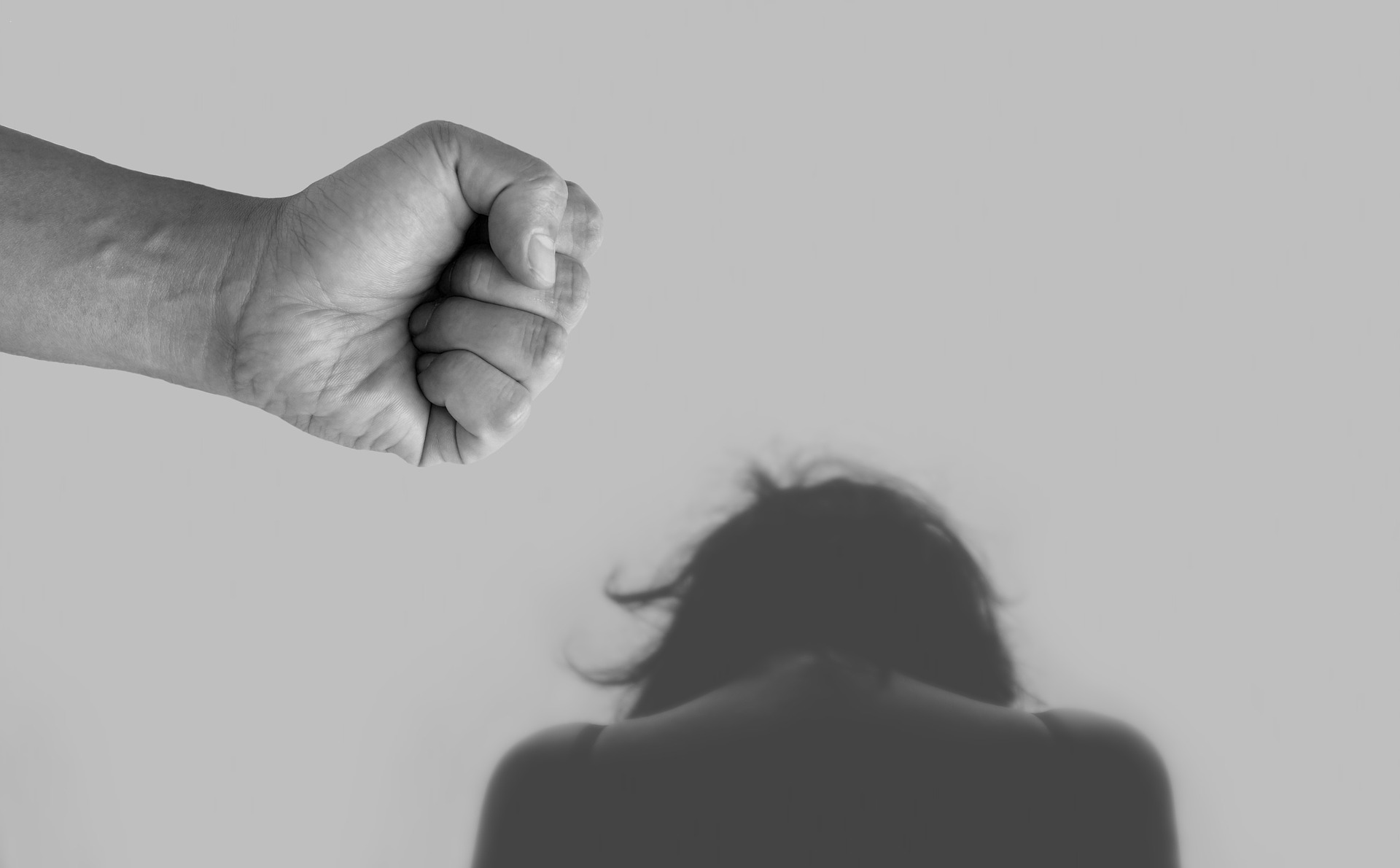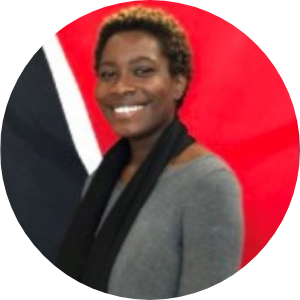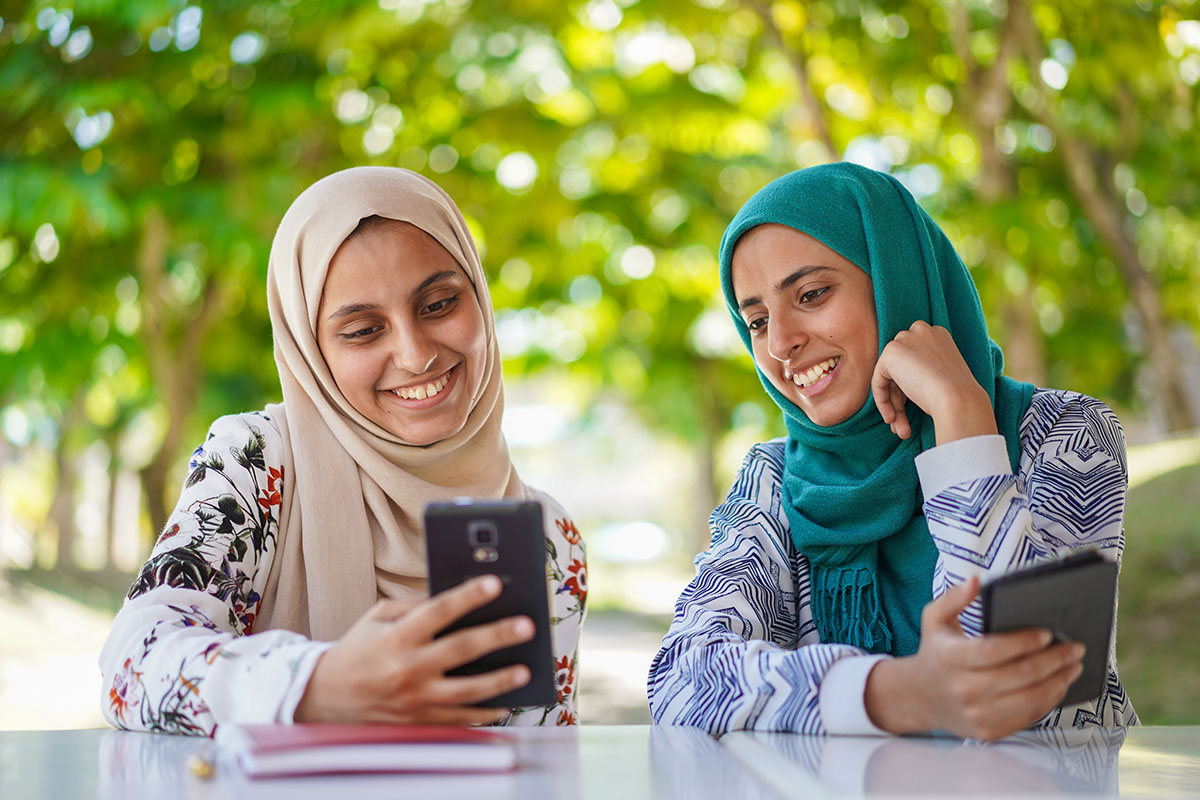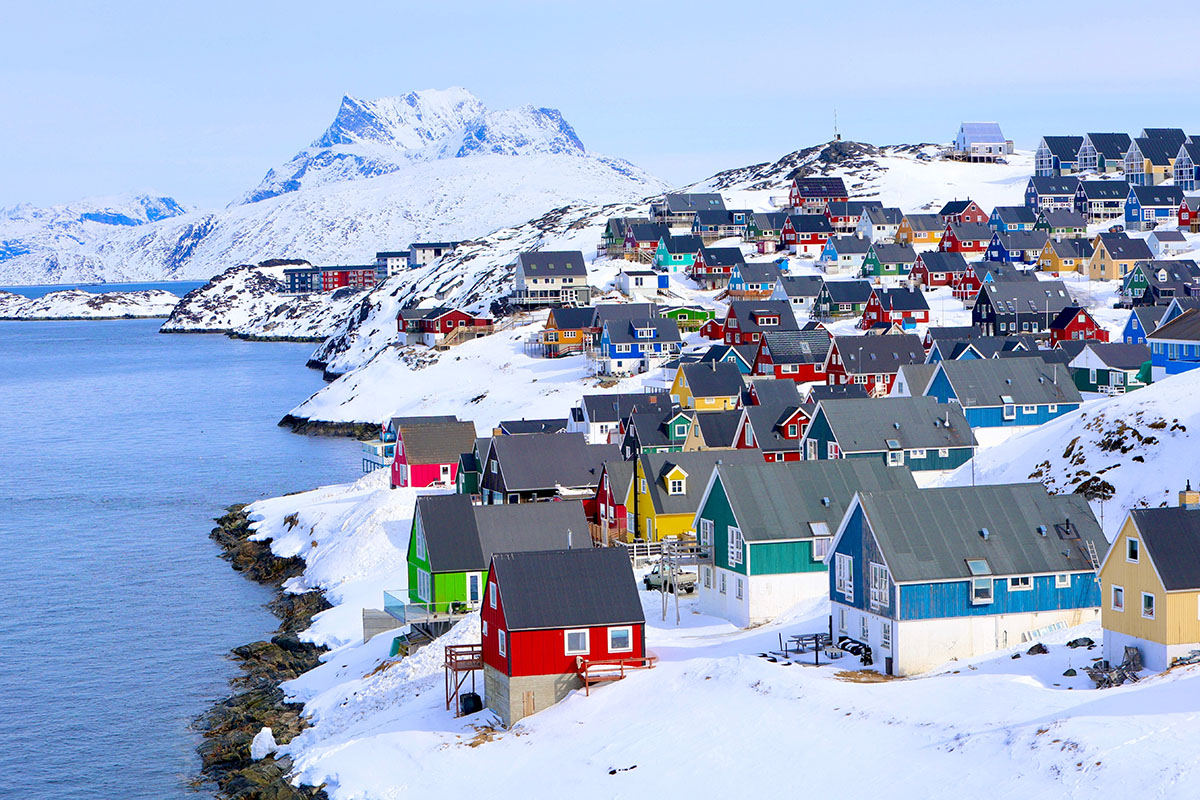Do more to protect our women
March 11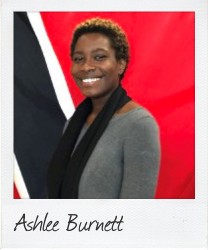
International Women’s Day was observed recently and Ashlee Burnett, a 22-year-old Commonwealth Correspondent from Trinidad and Tobago argues that despite recent developments, much more needs to be done to protect women and girls from gender-based violence.
Women are dying at the hands of their partners in domestic disputes at an alarming rate in Trinidad and Tobago. Last year, 20 women in the country died as a result of gender-based violence (GBV) while nine women have been killed so far in 2020.
Violence against women is not new. However, increased access to communication platforms means that more people can access information about gender-based violence, contribute to the discussion about the issue and take action to address it.
Yet, our laws and systems provide inadequate protection for victims of gender-based violence. The Domestic Violence Act of 1999, for example, has not been amended since 2006 and does not provide protection for intimate same-sex relationships. As it stands, such relationships are not recognized by law, which sees a community of marginalized folks left unprotected.
There are however some positive developments. Recently a gender -based violence unit was set up within the Trinidad and Tobago Police Service (TTPS). This unit will focus on cases of domestic violence and breaches of restraining orders for both heterosexual and homosexual relationships.
It promises to deal with such issues with sensitivity and confidentiality. This is an important development as several women who have suffered abuse at their partners’ hands have reported inaction from the police.
In an interview with the Trinidad and Tobago Guardian in January this year, Commissioner of Police Gary Griffith said: “I get a number of reports from women who would state that they were not treated as good as they should have been when they go to the police stations. There was one I got just today. She went to a police station, and was spoken to by three officers. They took her statement and then one said: ‘All yuh together so long. All yuh try and work it out’. And this is after this woman was badly beaten.”
“I am Generation Equality” is a personal commitment to equality. It is both realising privilege and the lack thereof and making a step to create an equal and equitable world. ”
Living as a woman in the Caribbean is a very different experience from living as a woman in other places in the world. The culture condones a masculinity defined by the suppression of emotions, hardness and the perpetuation of violence. It is also a culture which uses women as bandages for and pacifiers of men.
While the Caribbean is developing in many areas, traditional gender roles are still among some of the major fault lines in the region. Women are expected to be homemakers, and giving birth is still the benchmark of womanhood. In some cases, this narrative is changing but it will take time and a deliberate shift to become better.
This year’s theme for International Women’s Day, “I am Generation Equality: Realizing Women’s Rights” is quite fitting in this particular social climate. Several organizations are stepping up to bring to light the challenges that women face daily.
The notion that women are often the cause of their own suffering is a narrative that has begun to die a slow death and for that, many are grateful; but, this is just a tiny step in the longer walk to gender equality.
“I am Generation Equality” is a personal commitment to equality. It is both realising privilege and the lack thereof and making a step to create an equal and equitable world.
Realizing Women’s Rights is to acknowledge the areas in which women are the minority and require assistance and to then review and implement systems and policies to protect women and girls.
…………………………………………………………………………………………………………………………….
Photo Credit: Tumisu from Pixabay
…………………………………………………………………………………………………………………………….
About me: I’m a student of English language and literature at the University of the Southern Caribbean, a poet and teaching artist with the 2 Cents Movement, and a blogger and Social Media Assistant at Bocas Lit Fest. My interests lie in gender-based violence, youth development and women’s rights. As a delegate to the Caribbean Regional Youth Council Policy and Advocacy Conference, I gained skill in position paper writing. My goal is to implement policies that ensure equality through equity.
…………………………………………………………………………………………………………………………….
…………………………………………………………………………………………………………………………….
